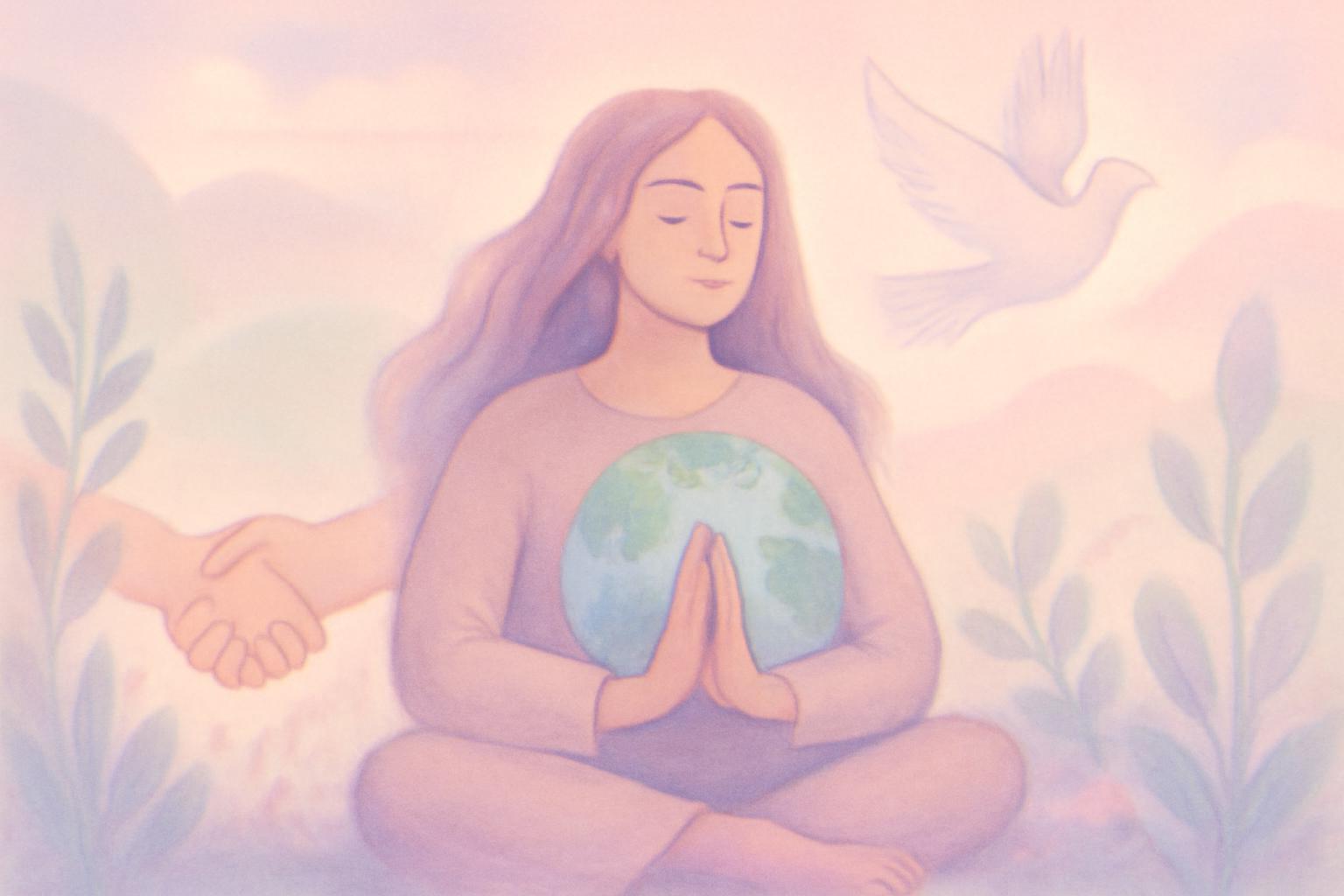A gentle thread of news speaks of a broader hand reaching into the District’s security loom: a new emergency authority that places a federal appointee beside the local guardians, with powers to direct the Metropolitan Police and to carry the duties of the police chief, while local leaders caution that the move may overstep law and local autonomy. In the wake of these shifts, voices question how power is shared—or seized—and how the city’s citizens will be protected or policed. The dialogue stretches beyond policing to questions of immigration-tied information sharing and longer-standing arrangements, echoing earlier chapters when federal oversight brushed the edges of governance. And as time passed, federal posts appeared in the capital, with troops and the rhetoric of security filling the streets.
Let us turn toward the earth beneath us and the wounds that unspool when power is tightened like a collar around a city. When a nation speaks in emergency warrants and marching orders, it often forgets to listen to the living soil—the rivers that cradle our roots, the harvests that feed our bodies, the lungs of trees that filter sorrow and air. This is a colonial script rewritten for a modern ledger: a center of empire relaying commands to the neighborhoods it would rather own, a claim that local breath must yield to a louder, distant voice. The machinery of security becomes a blade that cuts not just at borders, but at communities, at kinship, at the dignity of neighbors who share stories, histories, and streets. It echoes a history where sovereignty is borrowed, where the body of a city is policed into compliance, and where the promise of self-determination is treated as a negotiable asset.
And what of the economy that trusts profit more than people? The toxic climate of capitalist logic treats safety as a commodity to be securitized, a spectacle of order that disguises extraction as protection. It treats human beings—families seeking safety, workers who keep the city alive, and the most vulnerable among us—as data points to be managed rather than neighbors to be cared for. The cost is paid not only in dollars but in trust, in the sacred reciprocity between a community and its protectors, in the health of the soil that sustains us all. When fear is weaponized to justify control, the Earth itself bears the bruises: wetlands drained, public spaces militarized, and the ancient contract between governance and the public fractured.
We thirst for a different harvest: a safety born of care, a justice stitched from community resilience, and governance that honors the sovereignty of every neighborhood. Let funding flow toward mediators, mental health responders, housing, climate resilience, and restorative justice—not toward more walls, more surveillance, or more foreign-brokered commands. Let our cities breathe again as one body, with the courage to say no to colonial echoes and yes to healing rites that bind people to place. May we reimagine security as stewardship—where rulers listen to the rivers, where communities govern with compassion, and where the Earth’s healing rhythm guides our laws, not the drumbeat of domination. In that reweaving, we find a future where justice grows from shared breath, and where the work of protecting life becomes the deepest form of love for Mother Earth.
